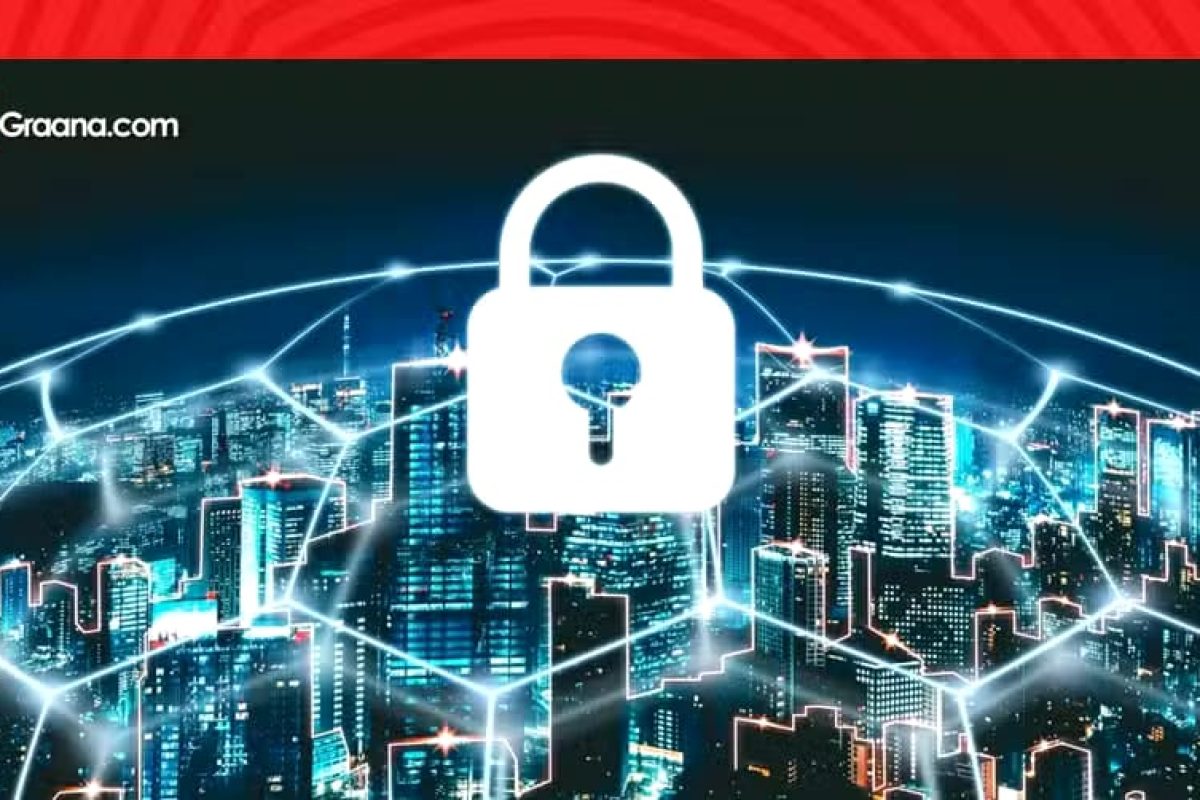At Makani Marketing, we understand the importance of protecting your investments in the digital age. The real estate sector is increasingly reliant on technology, making it more vulnerable to cyber threats. This blog will explore the various cyber security risks in real estate and provide tips on how to protect your assets.
The Growing Importance of Cyber Security in Real Estate
As the real estate industry embraces digital transformation, the use of online platforms, smart home technology, and digital transactions has increased. While these advancements offer numerous benefits, they also expose real estate professionals and investors to a range of cyber security risks. Understanding these risks is crucial to safeguarding your investments.
Common Cyber Security Risks in Real Estate
1. Data Breaches
Real estate companies handle vast amounts of sensitive data, including personal information, financial records, and property details. Data breaches can occur when unauthorized individuals gain access to this information, leading to identity theft, financial loss, and reputational damage.
2. Phishing Attacks
Phishing attacks involve fraudulent emails or messages that appear to be from legitimate sources. These attacks aim to steal sensitive information such as login credentials, financial details, and personal data. Real estate professionals are often targeted due to the high-value transactions they handle.
3. Ransomware
Ransomware is a type of malware that encrypts a victim’s data and demands a ransom for its release. Real estate firms can be particularly vulnerable to ransomware attacks due to their reliance on digital records and transactions. Paying the ransom does not guarantee data recovery, and it can lead to significant financial loss.
4. Business Email Compromise (BEC)
BEC attacks involve hackers gaining access to a business email account to intercept transactions or request unauthorized payments. In the real estate sector, this can result in the loss of significant funds, as cybercriminals may redirect down payments or closing costs to their accounts.
5. IoT Vulnerabilities
Smart home devices and Internet of Things (IoT) technology are becoming more prevalent in real estate. However, these devices can be vulnerable to hacking if not properly secured. Cybercriminals can exploit IoT vulnerabilities to gain access to personal data or control over smart home systems.
How to Protect Your Real Estate Investments
1. Implement Strong Passwords
Use strong, unique passwords for all accounts and devices. Change passwords regularly and avoid using easily guessable information. Consider using a password manager to keep track of your credentials securely.
2. Enable Two-Factor Authentication (2FA)
Two-factor authentication adds an extra layer of security by requiring a second form of verification in addition to your password. This can help prevent unauthorized access to your accounts even if your password is compromised.
3. Educate Employees
Ensure that all employees are aware of cyber security best practices. Conduct regular training sessions on identifying phishing attempts, using secure passwords, and handling sensitive data. Awareness is a crucial line of defense against cyber threats.
4. Regular Software Updates
Keep all software and systems up to date with the latest security patches. Regular updates can help protect against known vulnerabilities that cybercriminals may exploit.
5. Use Secure Networks
Always use secure, encrypted networks when accessing sensitive information or conducting transactions. Avoid using public Wi-Fi for real estate transactions, as these networks can be easily compromised.
6. Backup Data Regularly
Regularly back up all important data to secure, off-site locations. In the event of a ransomware attack or data breach, having backups can help you recover your information without paying a ransom or experiencing significant downtime.
7. Work with Cyber Security Experts
Consider hiring cyber security experts to assess your current security measures and provide recommendations. They can help identify vulnerabilities and implement robust security protocols to protect your real estate investments.
Conclusion
The real estate industry is not immune to cyber threats. By understanding the risks and taking proactive measures, you can protect your investments and ensure the security of your data. At Makani Marketing, we prioritize the safety and security of our clients. Contact us today to learn more about safeguarding your real estate investments in the digital age.
For more tips and insights on real estate security, follow Makani Marketing. Together, we can navigate the complexities of the digital world and protect your valuable assets.













